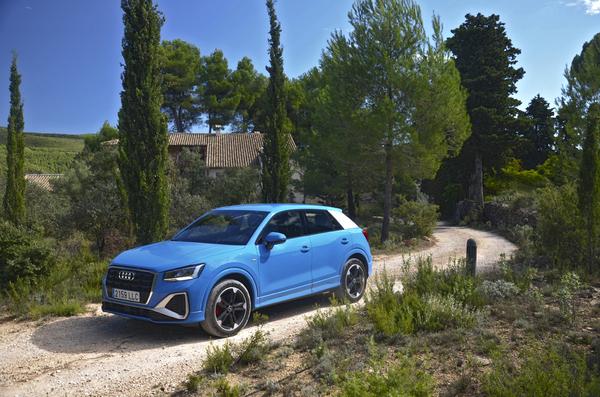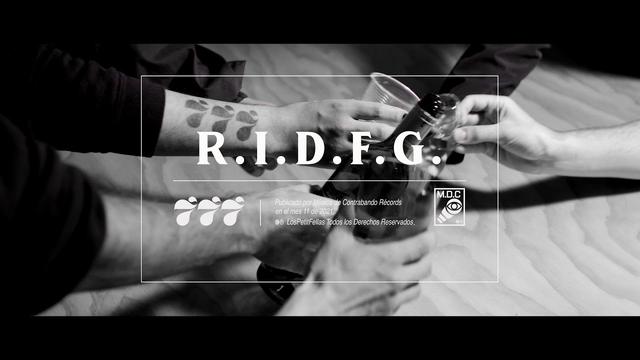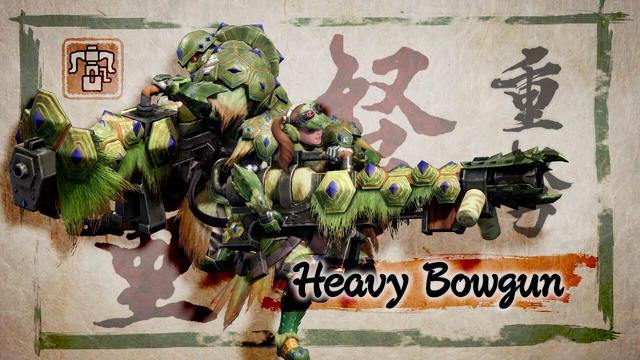When it comes to rings, there are a lot of choices to make. Do you want gold, silver, or platinum? What type of metal is best for your lifestyle and budget? In this comprehensive guide, we will discuss the different types of ring metals and their pros and cons. By the end of this article, you will be an expert on all things ring metals!
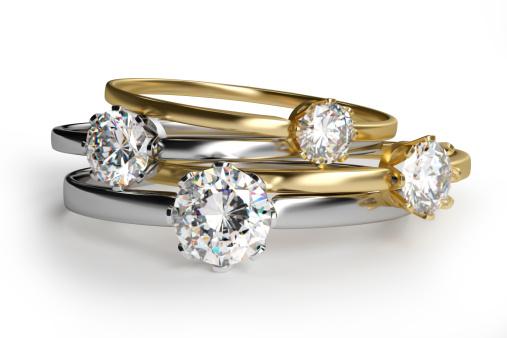
1.Gold
Gold is the most popular choice for rings, and for good reason. It is beautiful, durable, and does not tarnish. Gold is also a very strong metal, which means it can withstand a lot of wear and tear. When shopping for gold rings, be sure to ask about the quality of the gold. The higher the karat, the purer the gold. 24k gold is 100% pure while 14k gold is 58.33% pure. The purity of the gold affects both the price and the look of the ring. Pure gold is very soft, so it is often mixed with other metals to make it stronger. This also changes the color of the gold, which is why you will see yellow, white, and rose gold rings that are all made from different types of metal alloys. Yellow gold is the most popular choice because it has a classic look. White gold has a more modern look, while rose gold has a vintage feel.
2.Silver
Silver is a popular choice for rings because it is very affordable. It is also a very strong metal, so it can withstand a lot of wear and tear. Silver is also hypoallergenic, which means it will not cause an allergic reaction in people with sensitive skin. The only downside to silver is that it can tarnish over time. If you want your ring to keep its shine, you will need to clean it regularly and store it in a cool, dry place.
3.Platinum
Platinum rings will not tarnish or scratch, and they are perfect for people with allergies since they are 100% hypoallergenic. Platinum rings are also very beautiful, but they do require some special care. Platinum is a soft metal, so it can scratch easily. Be sure to store your platinum ring in a soft cloth pouch to keep it safe.
4.Titanium
Titanium rings are growing in popularity because they are very strong and lightweight. Titanium rings will not tarnish or scratch, and they are hypoallergenic. The only downside to titanium rings is that they cannot be resized, so be sure to get your ring sized by a professional before you purchase one.
5.Hematite
Hematite is a brownish-red mineral that has a glossy black or dark silver-grey color when carved and polished. It's become increasingly popular as a wedding band because it looks beautiful with any outfit. Hematite ring will not tarnish or scratch but it can chip if hit with a hard object. It is also hypoallergenic. The only downside to hematite rings is that they are not as strong as other metals, so they may need to be replaced more often.
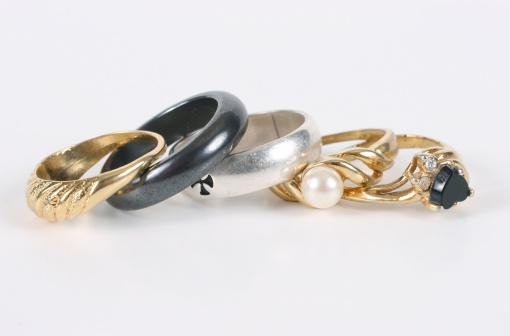
As you can see, there are a lot of different options when it comes to ring metals. The best way to decide which metal is right for you is to think about your lifestyle and budget. Do you want a ring that is low maintenance? Or do you want a ring that will last forever? Once you have decided what type of metal is right for you, the rest is up to your personal style! When shopping for rings, be sure to ask about the quality of the metal and how it will hold up over time. With proper care, your ring will last a lifetime!

